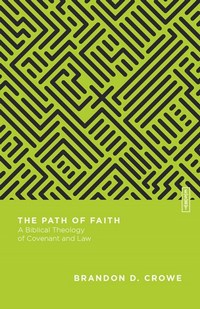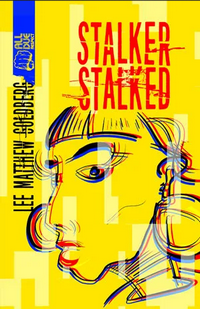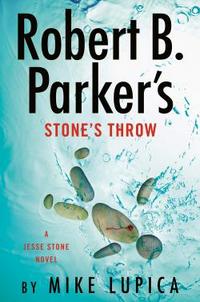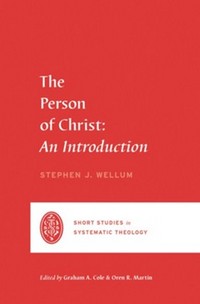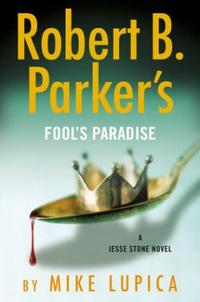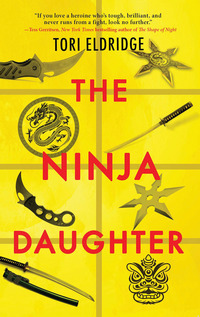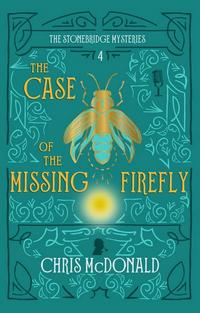 |
The Case of the Missing Fireflyby Chris McDonald Kindle Edition, 96 pg. Read: September 24, 2021 |

What’s The Case of the Missing Firefly About?
What better place than Northern Ireland’s “most haunted” island for a corporate Halloween party? This particular company is a local radio station—their on-air talent is known for heavy drinking, and being on an island (nearly) by themselves should provide a nice, safe environment for the heaviest of drinkers to indulge.
And they’re going to need to drink because they’re all going to get some bad news—and thanks to a bad storm, no one is leaving (or coming to) the island for a day or so.
Stranded with them are our intrepid Sherlock-inspired duo of Adam and Colin. Colin’s mother was the party planner and her tech guy wasn’t available, so these two get a nice payday for a quick job. While these two have matured a bit lately, easy money to mostly hang out in a hotel room where they can watch TV and play video games is worth having to endure a boat ride on choppy waters.
Naturally, because why would I be talking about this otherwise, in the midst of all the drinking and after the bad news—there’s a murder. And a robbery. With all the suspects trapped with them and almost no contact with the outside world, it’s time for Adam and Colin to dust off their Holmes and Watson act.
The Most Satisfying Paragraph of 2021?
People who read a lot—in any genre—are very likely going to see themselves in an observation the narration makes when Adam finds himself in a very tense situation. It was a great little moment, and a nice bonus to read.
It’s a small thing, but it brought a smile to my face. Each of the handful of times I’ve read it.
So, what did I think about The Case of the Missing Firefly?
There was a very somber tone to the first chapter that felt out of character for the series—but I was relieved to see it shift seamlessly into the typical Stonebridge tone in the next chapter as we get into Adam and Colin’s back and forth.
It’s good to see a little bit of the police’s attitude toward our pair—and theirs toward the police. Adam and Colin have a little notoriety—enough that the radio personalities know who they are, so the police certainly do. And, not at all shockingly, they’re not fond of a couple of amateurs making them look bad. Giving the duo a day on their own trapped on an island with the suspects to get a head start on things isn’t going to do much for long-term relations.
It’s hard to say something new about a series as consistent as this—especially with four installments in less than a year. I’m in great danger of repeating myself. So let me keep this short: The Case of the Missing Firefly* is yet another refreshing, fast-paced, and clever dose of cozy crime fiction (even for those who wouldn’t consider themselves cozy readers).
* Which, alas, is not a reference to the SF series—Adam and Colin save their fandom for Cumberbatch/Freeman and sports video games.
Go get your hands on this—and if you haven’t read the rest of the series, you should probably do that, too.

![]()


